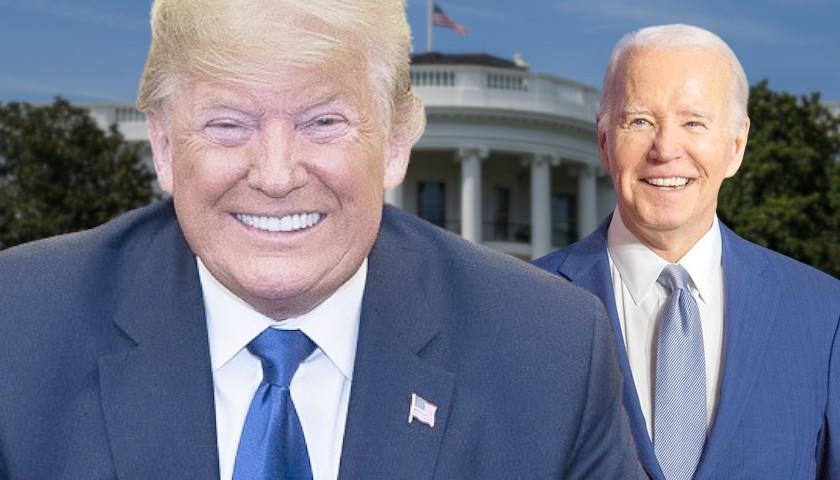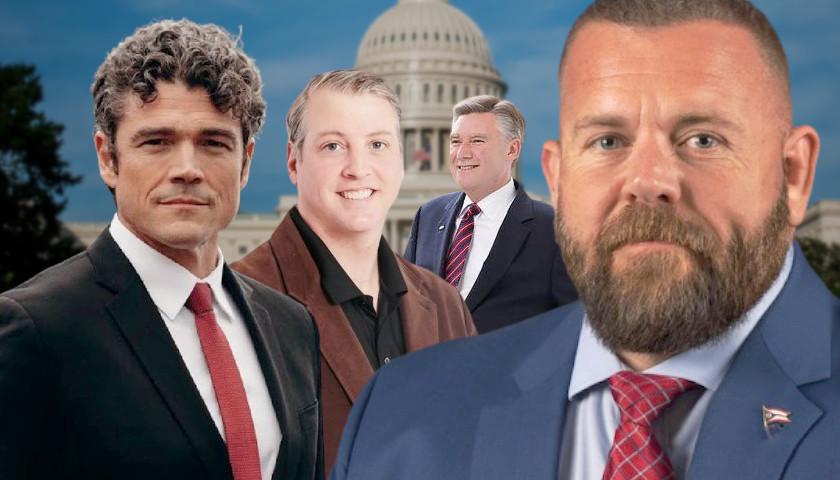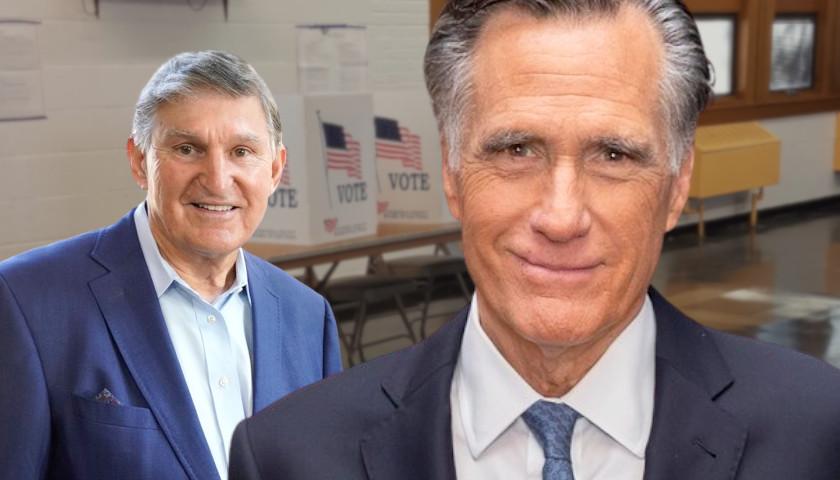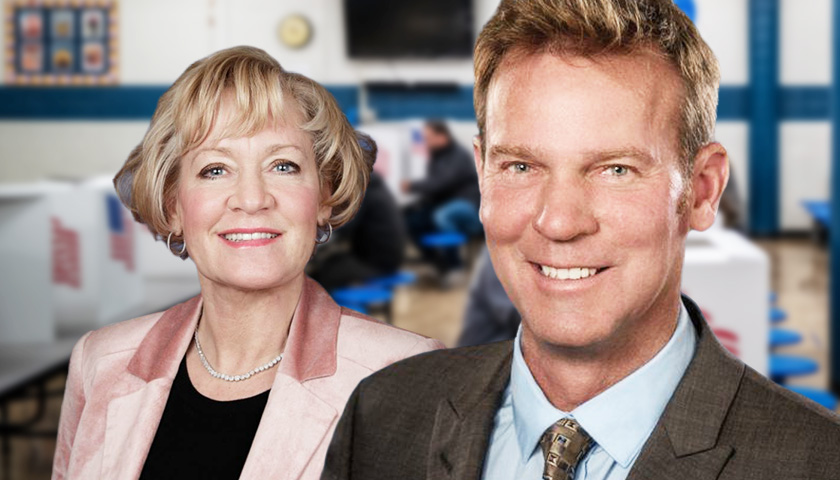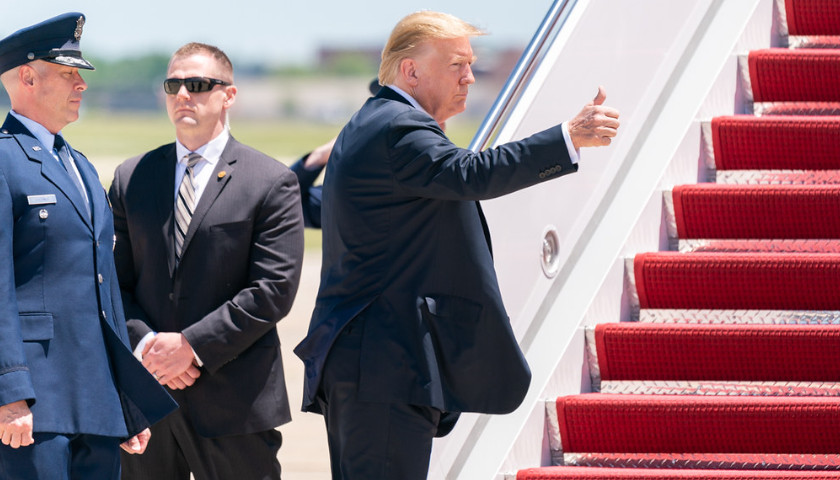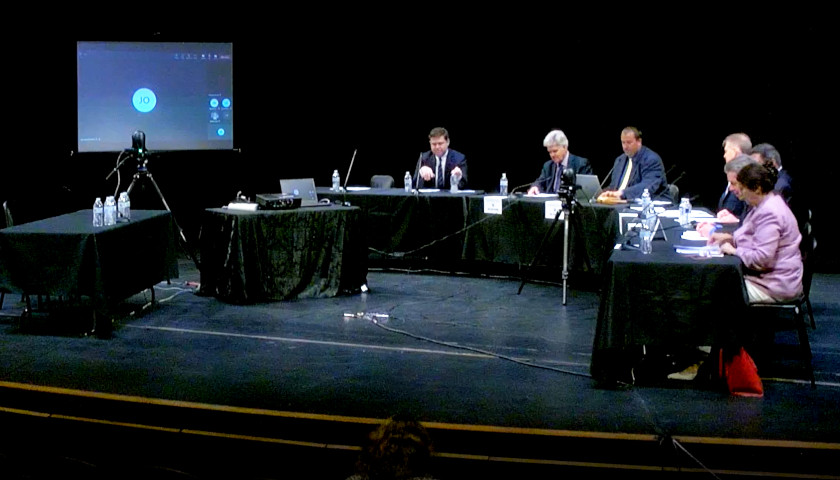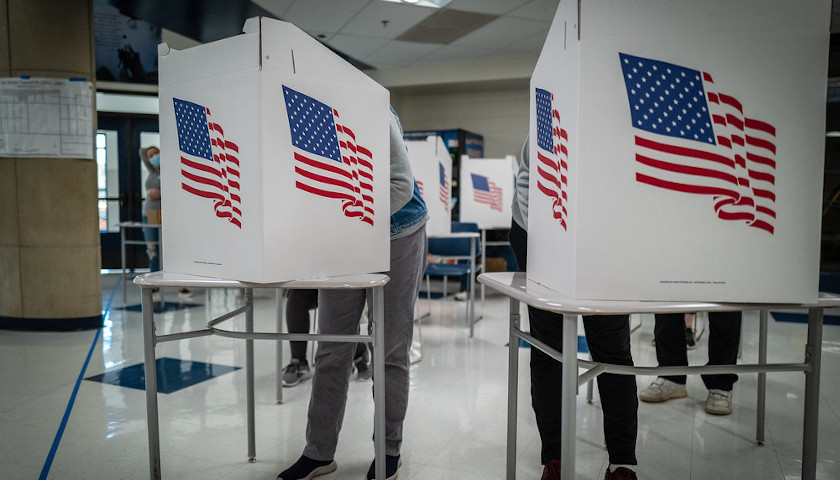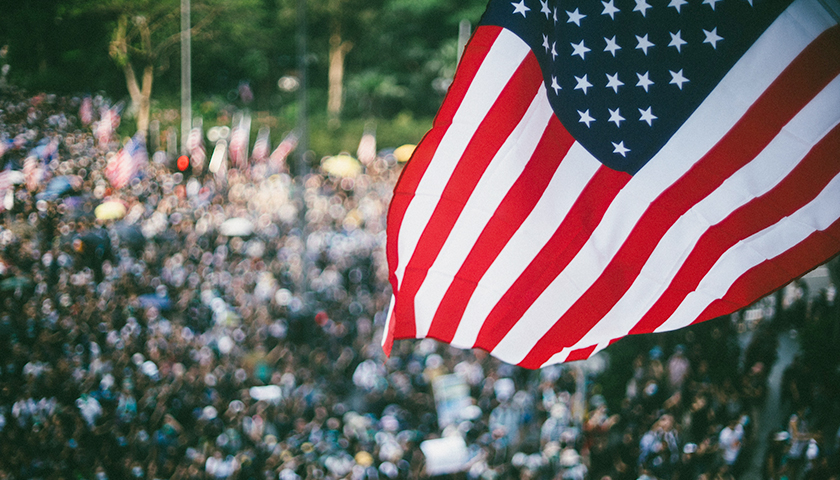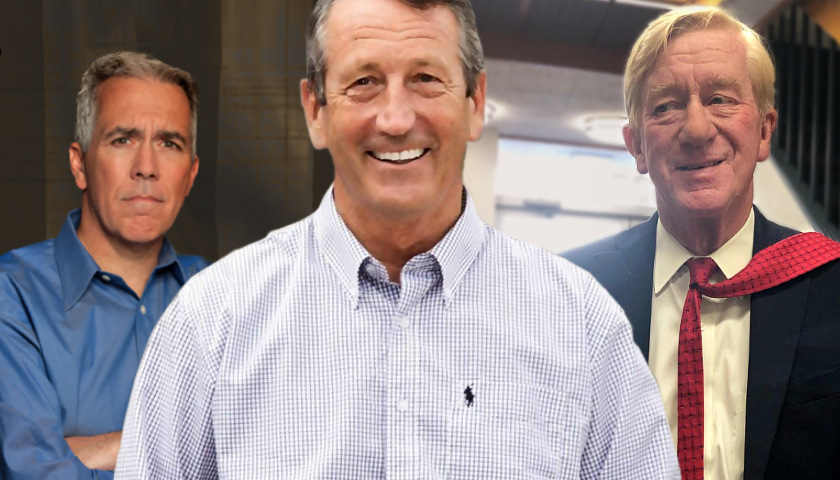Unlike in 2020, when then-candidate Joe Biden was leading almost all of the polls — out of 293 national polls taken during that cycle compiled by RealClearPolitics.com, Biden led 285 of them, or 97 percent of them — this time around, former President Donald Trump has an observable advantage in the polls, leading President Biden in 103 out of 214 polls taken, or 48 percent of them. Biden has only led 81, or just 38 percent, and 30 are tied, or 14 percent.
Since, given Democrats’ historical advantage in the popular vote — Republicans have not won the popular vote since 2004 but still managed to eke out Electoral College wins in 2000 and 2016 without it — any potential tie in the popular vote would still bode well for Trump and Republicans in 2024. So, really, about 62 percent of the polls (and rising) showing that at this point in the race, with less than a year to go until November, Trump definitely has an advantage.
Read the full story
